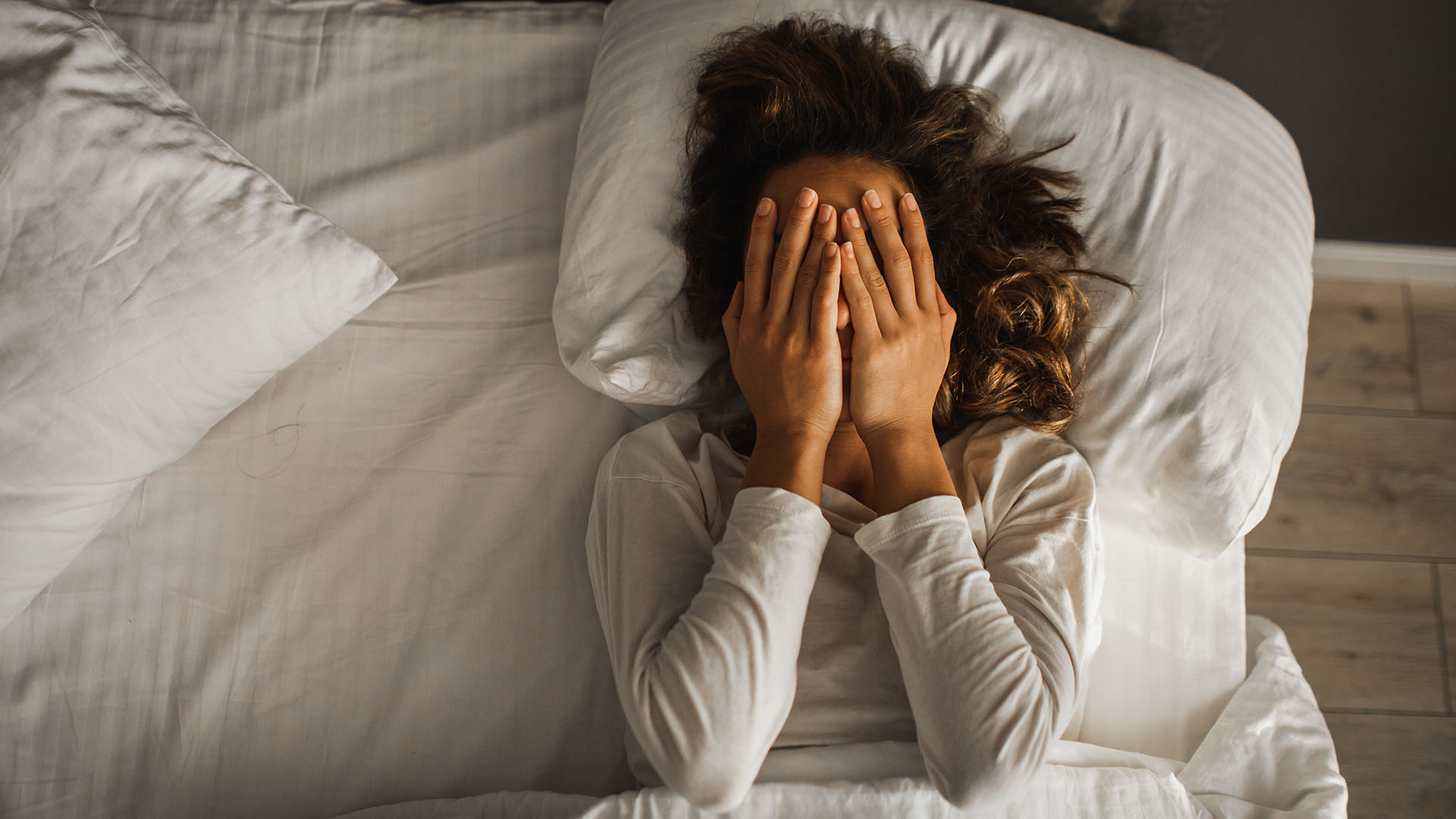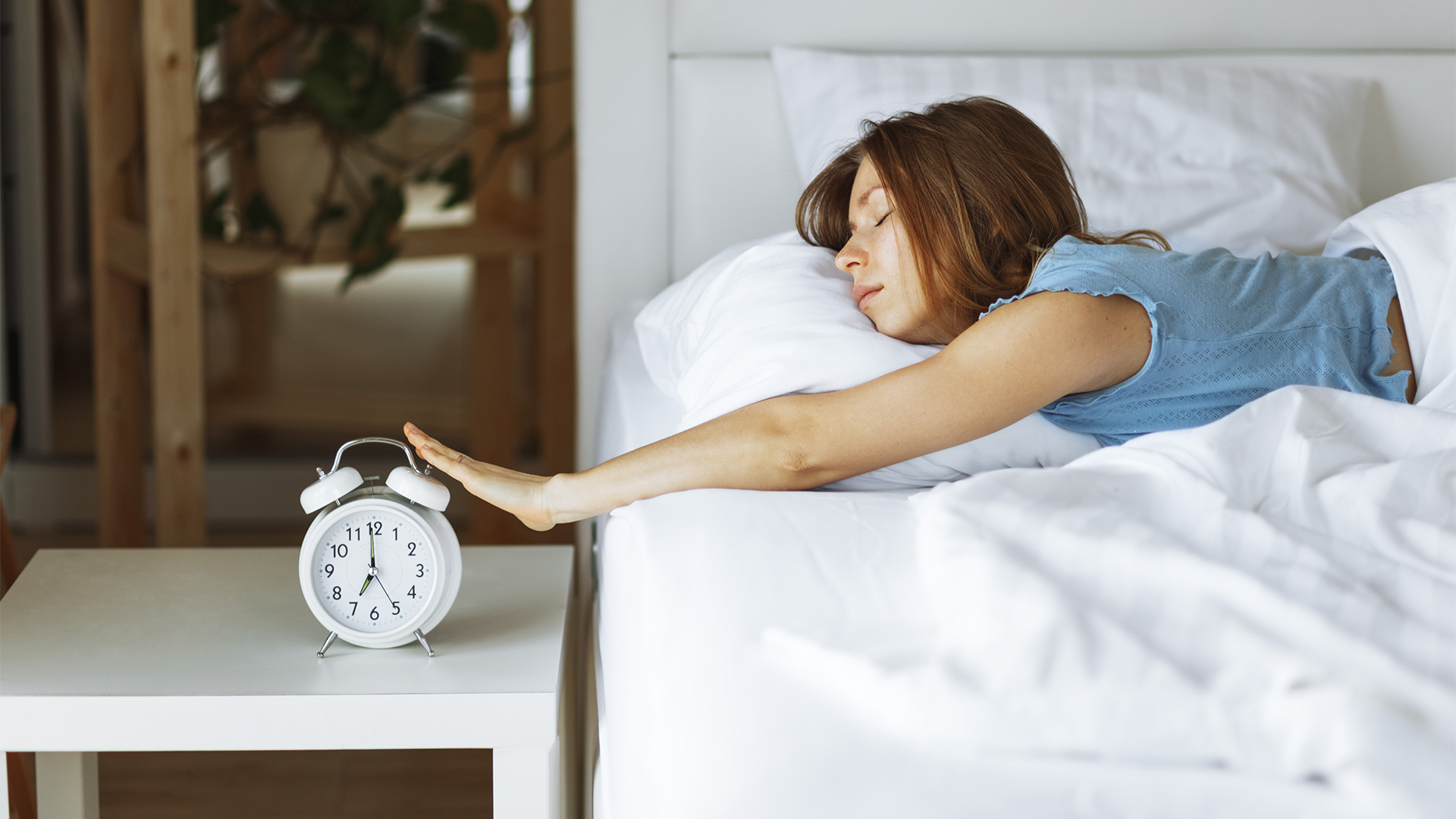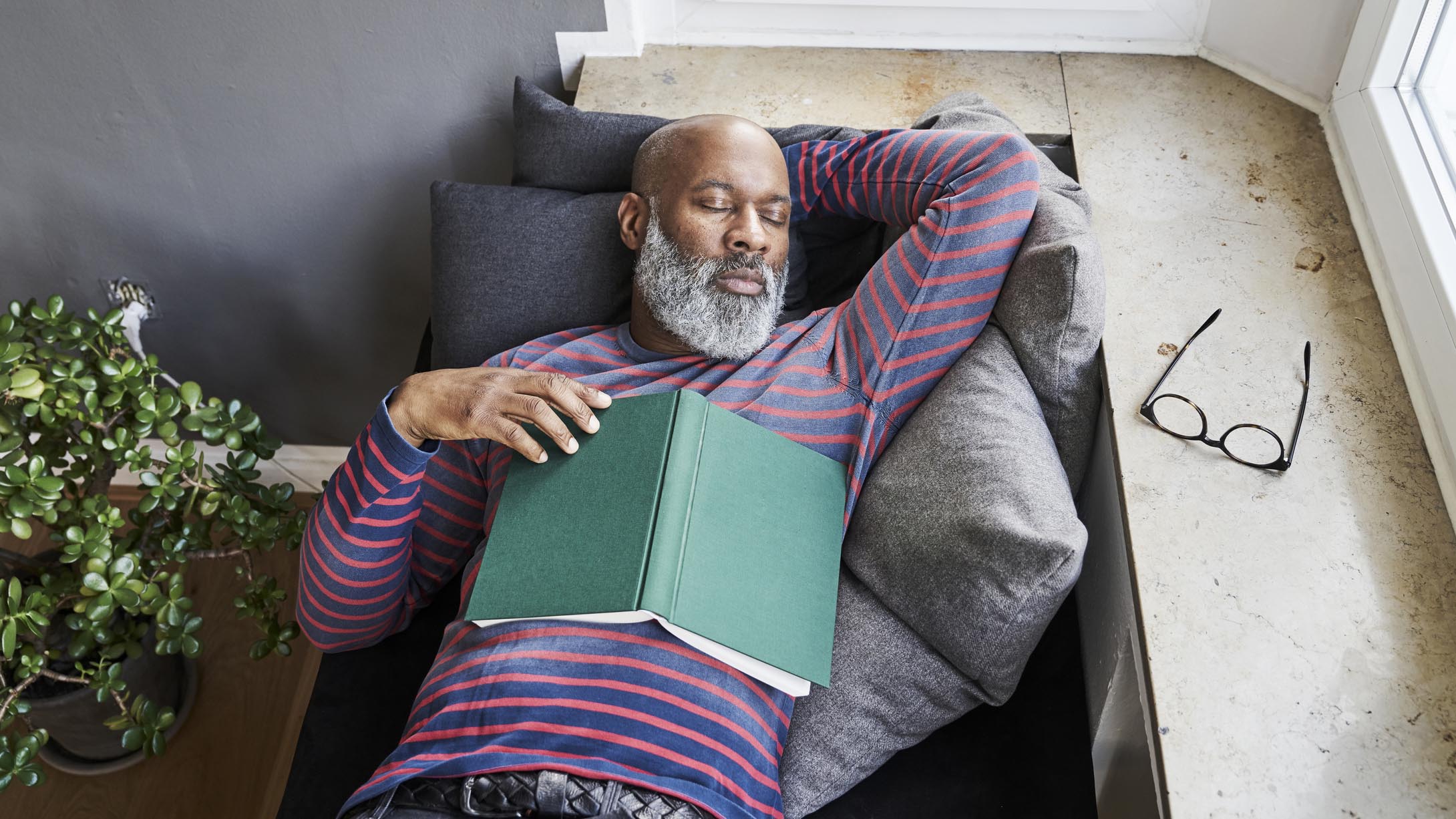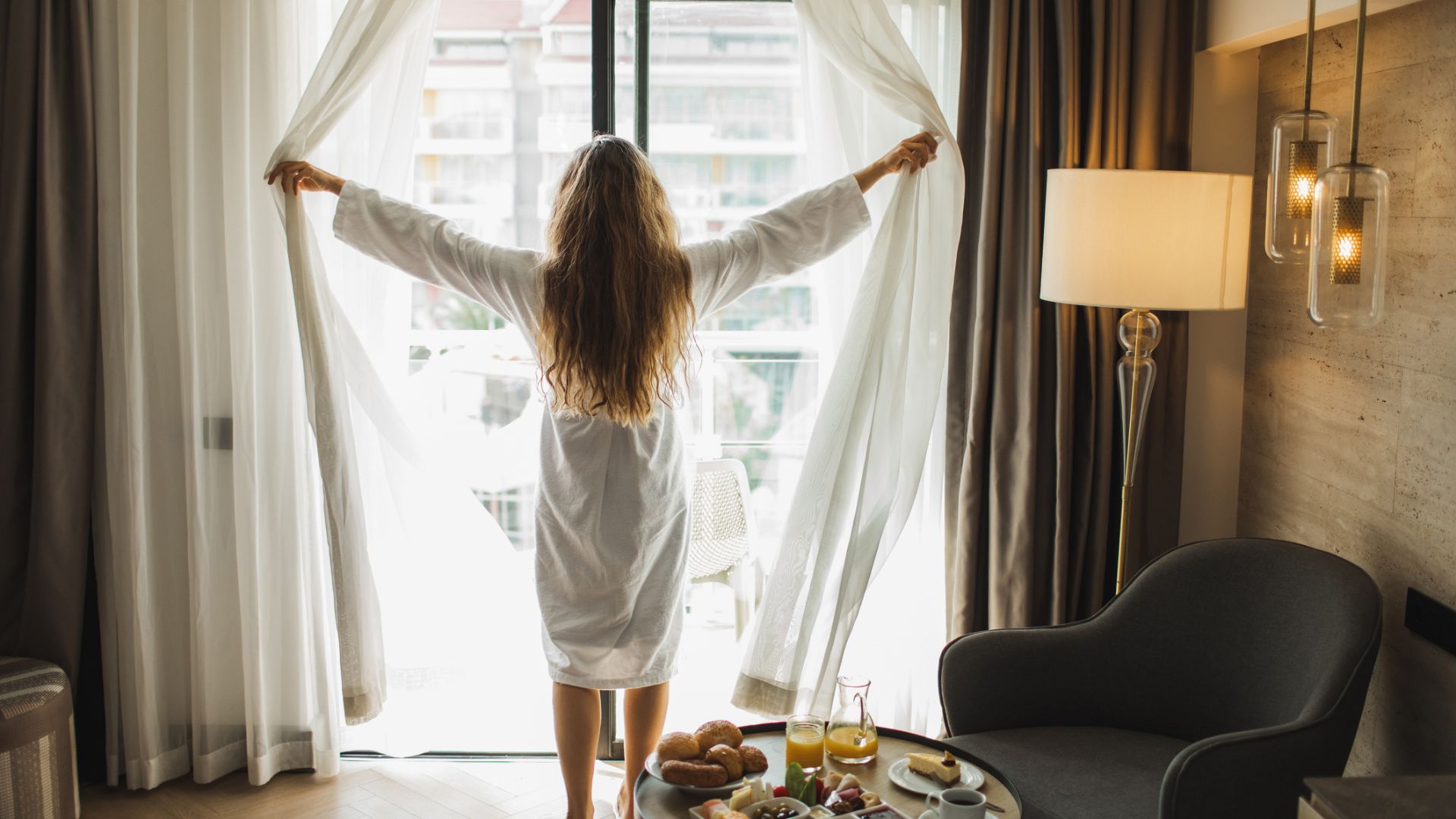
Cynthia Erivo has admitted to getting just "two or three hours" sleep a night while filming 'Wicked', during a Q&A at the Academy Museum (via People). This shortened sleep schedule allowed her to fit in a two hour workout, plus another two hours in the makeup chair, before making her 5am call time.
Erivo described the filming process as depleting her "physically, as well as mentally", and confessed to being "very boring" in her time off, to help her wind-down in the evening.
Surviving on less than six hours rest might feel less "defying gravity" and more "can't get off the mattress". Unfortunately, disrupted sleep isn't always avoidable. And if a busy calendar has lumbered you with a wicked sleep schedule, here's what you can do about it.
Is three hours sleep enough?
To put it bluntly: no, three hours sleep a night isn't an adequate amount of rest for anyone. At least, not in the long-term. While you might be able to power through a busy period on limited sleep, you're likely to find yourself crashing at the end.
Sleep deprivation occurs when your body isn't getting the amount of rest it needs, and on a full schedule, three hours sleep is unlikely to be enough time for recovery. Symptoms of sleep deprivation include fatigue, headaches, trouble concentrating, and irritability – you probably won't be very popular around the office if you're only getting three hours sleep a night.

How much sleep do you need a night?
Sleep experts recommend adults between 18 and 60 should get between seven and nine hours sleep a night. Your exact needs will vary – understanding your sleep chronotypes can help you fine tune your sleep schedule – but for most healthy adults, a good night's sleep falls into this ballpark.
There are some people who can get by on less than seven hours sleep. In fact, one man even claims to sleep just 30 minutes a night (although we think this is as realistic as flying monkeys). On the other hand, some people find they need much more sleep, with even eight hours not enough snooze.
And there's another important factor at play here: sleep quality. Six hours of deep restorative rest can be better than long hours in bed spent tossing and turning. So think more about how you feel after a night's sleep, and less about how many hours you logged on the clock of the time dragon.
How to manage your sleep during busy periods
While few of us need to wake up to paint ourselves green, there are periods when a packed schedule might leave little time for quality shut-eye, especially with the holiday season upon us. Whether you're working extra hard before the holiday break, or you're planning a few too many nights at the Ozdust ballroom, here's how to manage your sleep when you don't get much time in bed...
1. Nap strategically
A good nap can help you feel more refreshed throughout the day, although make sure to avoid common napping mistakes. Keep your naps under 20 minutes (factoring in the time it takes to fall asleep) and finish your naps before 3pm.
Strategic napping can have its benefits, giving you some much-needed energy. They can also help you feel mentally prepared to tackle the day, as well as giving you a little break from whatever is keeping you up at night.

2. Keep to regular sleep patterns
When it comes to sleep, your body loves routine. If you're only getting a few hours every night, keeping to a sleep schedule might not seem important. However, routine helps you fall asleep faster and sleep better, ensuring you make the most of those precious hours in bed.
Aim to go to sleep and wake up at the same time every morning during this busy period. Stay active during the day and get as much sunlight as possible to keep your circadian rhythms on track. At night, dim the lights before going to bed and engage in a relaxing nighttime routine.
And – sorry – cut out the caffeine in the afternoon. You might think a cup of coffee is essential to keep you dancing through life (or, at least, not falling asleep at your desk), but caffeine can linger in the system for a long time. If you only have three hours to sleep, you don't want to spend them regretting your last latte.
3. Have a recovery plan in place
No good deed goes unpunished, and by the end of this busy period you're likely to have built up a wealth of sleep debt. You might be tempted to clear out fatigue with a weekend spent streaming musicals in bed, but we recommend resisting the urge to bed rot.
Instead, return to your regular sleep schedule as closely as possible, with a few extra minutes added on to help you reclaim some lost time. Try to avoid sleeping in too much, as this can lead to social jet lag, leaving you just as groggy as before. An extra fifteen minutes to an hour should help you pay off some sleep debt without ruining your sleep schedule moving forward.

During the day, get active and get sunlight, to help reset your circadian rhythms. In the evening, dim the lights and engage in a calming activity, until you're ready to go to bed.
Research indicates it can take up to four days to recover from just one hour of lost sleep, so don't expect to bounce back right away. But just because you missed a few night's sleep doesn't mean you've messed up your circadian rhythms for good – they just need a hand to get back on track.







